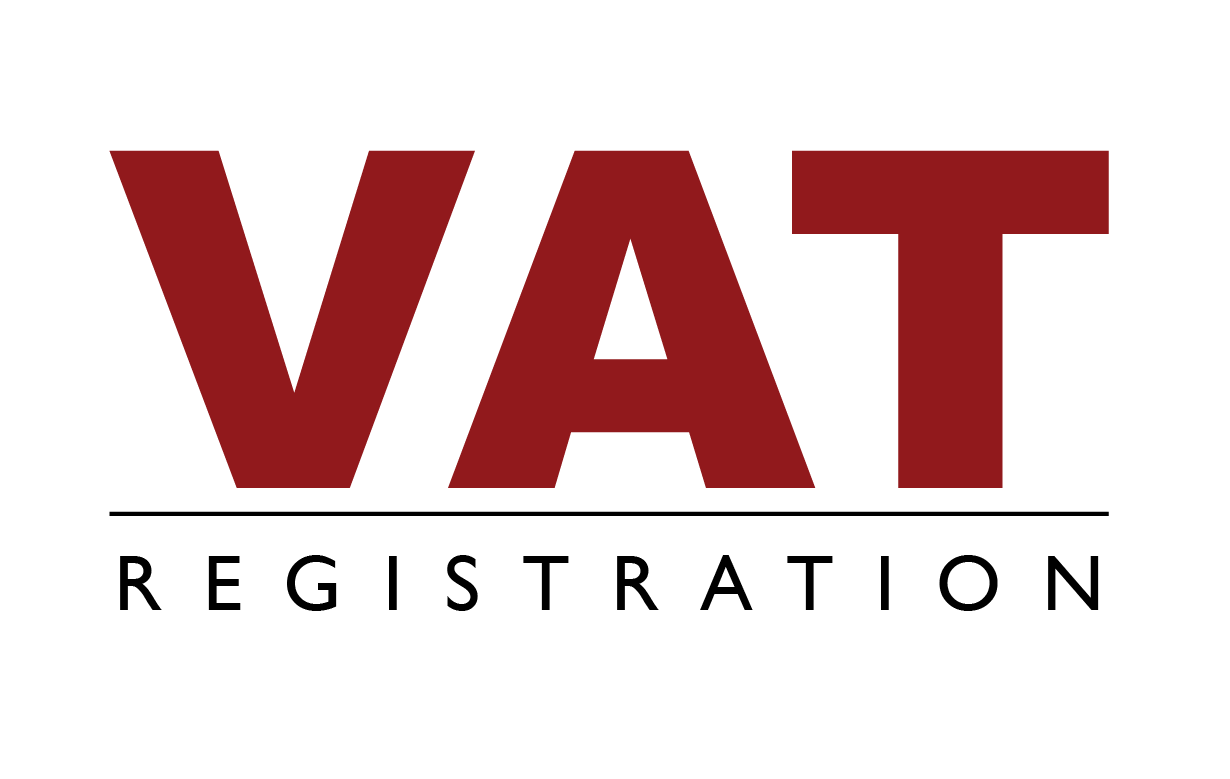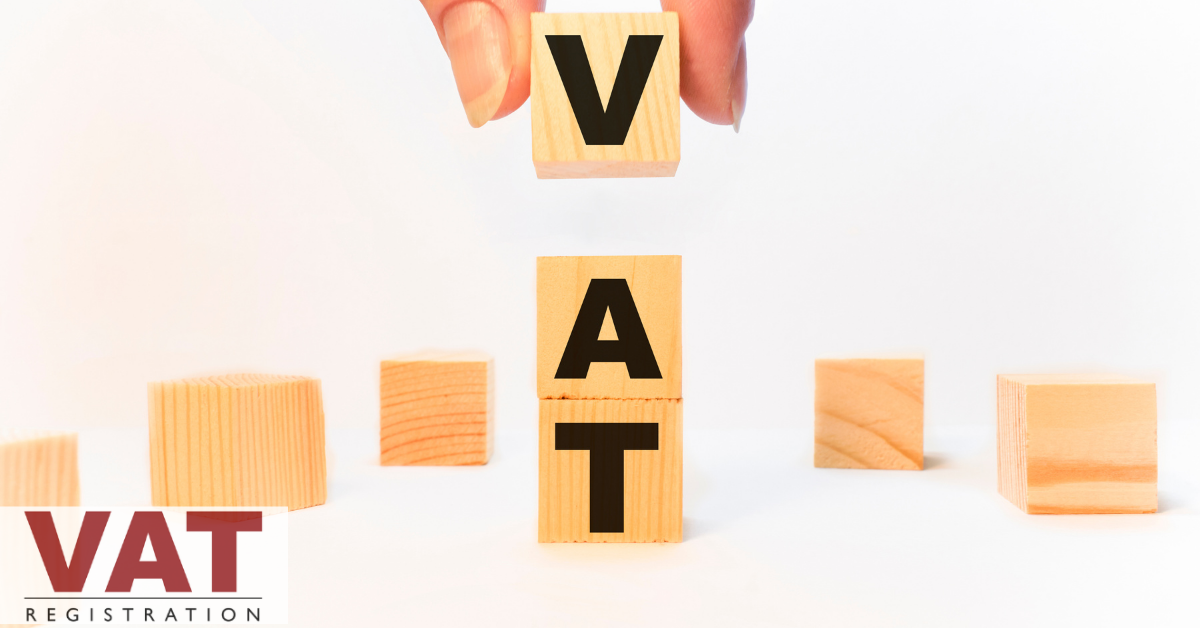The United Arab Emirates (UAE) is a significant global trade player and the largest exporting state in the Gulf Cooperation Council (GCC). The UAE is the 29th largest export economy worldwide and the 20th largest importer. Key exports from the UAE include electronics, precious metals, and stones, while the nation imports items such as gold, diamonds, jewellery, and cars. These exports and imports are vital to traders in the UAE. This article will explore UAE imports and exports and how they are treated under the UAE’s Value Added Tax (VAT) system.
Exports under VAT in the UAE
When goods or services are supplied from the UAE to someone outside the UAE, this transaction is termed an export. The recipient’s location can either be their place of establishment or a fixed establishment.
Are Exports Taxable?
Exports are indeed considered taxable supplies. However, they are subject to a zero-rated VAT, meaning that exports are taxed at a 0% rate. The treatment of exports varies based on several scenarios, which can be categorized as follows:
- Export of goods to a destination outside a GCC VAT-implementing state.
- Export of goods to unregistered recipients within a GCC VAT-implementing state.
- Export of goods to registered recipients within a GCC VAT-implementing state.
- Export of goods that require installation or assembly outside the UAE.
Recovery of Input Tax on Exports
As exports are taxable supplies, businesses can recover input tax on supplies used to facilitate these exports. If an exporter conducts domestic and export operations, the recovered input tax can offset their tax liability. In cases where a business exclusively deals in exports, it can even receive a refund of the tax paid on inputs.
Record-Keeping for Exports
Maintaining records of exports is a mandatory requirement. Businesses must retain records of exports for a minimum of five years from the end of the year to which the invoices pertain. For example, an export invoice issued on January 5, 2018, must be retained until December 31, 2023.
Imports under VAT in the UAE
When goods or services are received from outside the UAE into the country, this transaction is referred to as an import.
Are Imports Taxable?
Imports are subject to VAT. When a person registered under VAT in the UAE imports goods or services, the importer must pay VAT on imports through a reverse charge mechanism. This is in addition to the customs duty imposed on imports. The various import scenarios can be categorized as follows:
- Import by a person registered under VAT.
- Import by a person not registered under VAT.
- Goods are trans-shipped via the UAE to other GCC countries.
- Goods imported to the UAE and subsequently exported to other countries.
Understanding Reverse Charge
In the typical supply chain, the supplier of goods or services is responsible for collecting and remitting taxes to the Federal Tax Authority (FTA). This is known as the forward charge. In the case of imports, where the supplier is located outside the UAE and not registered in the country, the responsibility for paying taxes on the import falls on the importer registered under VAT in the UAE. This mechanism is referred to as reverse charge.
VAT Rates for Imports
Imports in the UAE are subject to a 5% VAT rate. However, there is an exception for the import of precious metals, which is subject to a 0% VAT rate. This uniform VAT rate for imports aligns with the rate applicable to domestic supplies, ensuring equal taxation for imports and domestic transactions.
Recovering Input Tax on Imports
Businesses importing goods or services can recover the tax paid on imports as input tax.
Record-Keeping for Imports
Similar to exports, maintaining records of imports is mandatory. Records of imports must be retained for at least five years from the end of the year to which the invoices pertain.
Summing It Up
UAE imports and exports are pivotal in the UAE’s economy, making them integral activities for regional traders. Understanding VAT compliance is essential for these businesses to meet regulatory requirements accurately and take advantage of VAT-related benefits. By comprehending the nuances of VAT treatment for UAE imports and exports, businesses can navigate the UAE’s tax landscape more effectively and contribute to the nation’s continued growth in global trade.

